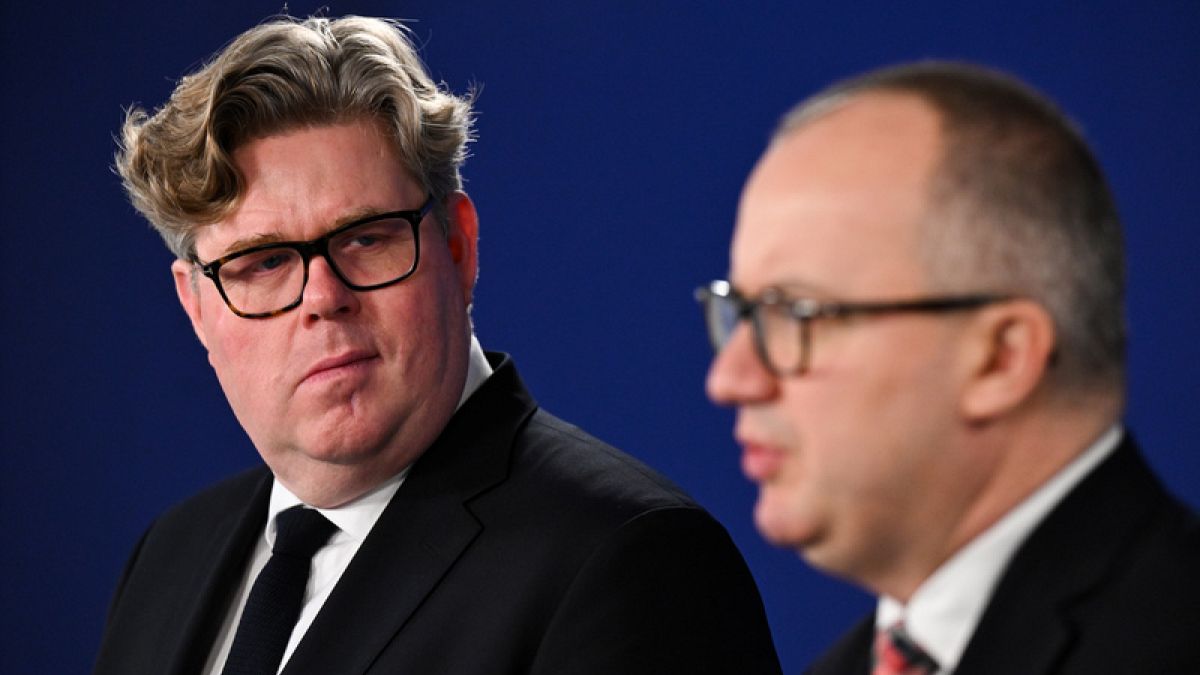A text addressing the criminalisation of online child sexual abuse is set to enter trilogue negotiations, despite concerns from several member states regarding the lack of ambition in defining consent and the qualification of rape.
EU Justice ministers reached a common position on a European Commission directive aimed at harmonising the criminalisation of child sexual abuse online on Friday during a Justice and Home Affairs Council meeting in Brussels. Some countries registered concerns about the proposal’s adequacy to protect minors, particularly those who have reached the age of consent.
A group of seven countries – Belgium, Finland, Ireland, Latvia, Luxembourg, Slovenia, and Sweden – issued a statement highlighting their reservations. “Although children, who have reached the age of sexual consent, can consent to sexual acts, they are particularly vulnerable and deserve comprehensive legal protection,” they wrote.
The group pointed out the absence of provisions in the Council’s compromise text, which were originally included in the Commission’s proposal on the context of consent: “When consent can be given and when it is not possible for a child to consent, such as when the child is unconscious, asleep, or in a state of frozen fright.”
They also regretted that the absence of consent cannot be refuted solely by a child’s silence, verbal or physical non-resistance, or past sexual conduct. They referenced a study titled “Tonic immobility during rape”, which they claimed demonstrates that the majority of victims freeze in shock.
“It must be evident, in a modern society, that sexual acts have to be voluntary to be legal,” said Gunnar Strömmer, Sweden’s Minister of Justice.
Other countries, such as Slovenia, Austria, and Spain, also signalled their abstention in the meeting, citing concerns either over the issue of consent or the legal implementation of the directive.
Nevertheless, the text was approved by a majority of countries, including some that signed the statement. Belgium, Luxembourg, and Finland expressed their support for the directive in a “spirit of compromise”. They hope that during interinstitutional negotiations, involving the European Parliament and the Commission, the text will be strengthened to clarify the definitions of rape and consent.
Poland will hold the next EU Council presidency in the first half of 2025, and will therefore lead the trilogue negotiations.
During the same Justice and Home Affairs Council, another dossier related to child sexual abuse, this time concerning the sharing of images, once again failed to secure a majority.
The regulation, which has been stuck in the Council for over a year, has struggled to find the right balance between child protection and users’ privacy rights. The proposal mandates online platforms to scan all encrypted communications to identify child sexual abuse imagery. Poland, which opposed the current draft, will be tasked with proposing new solutions during its presidency.

